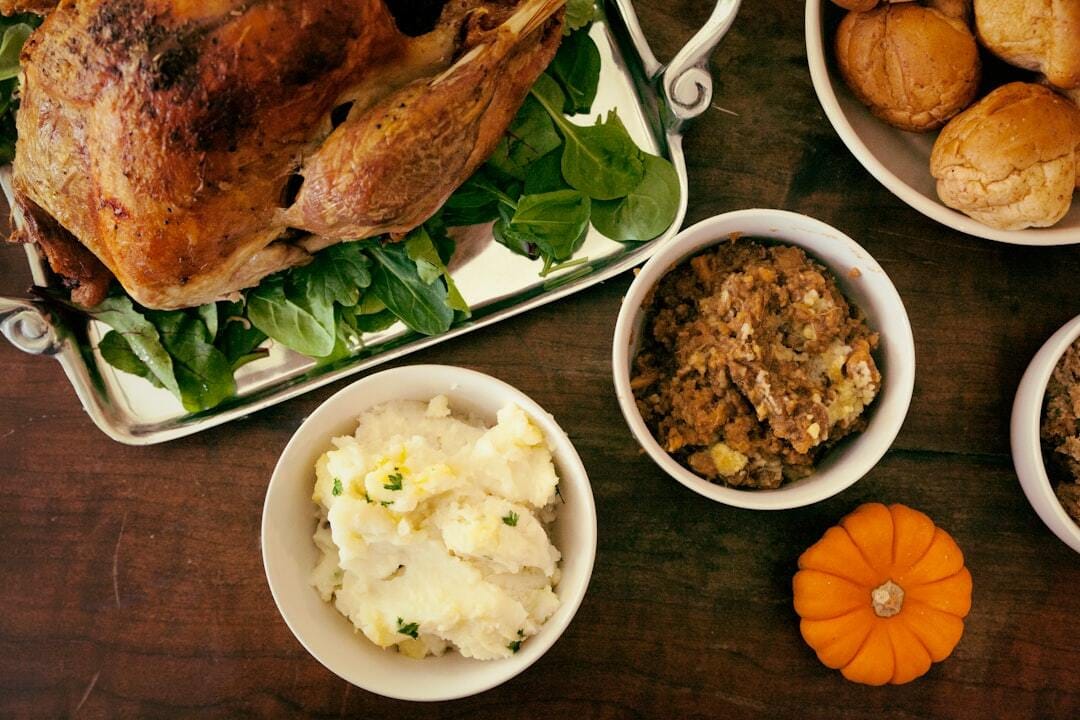What you probably already know: Depending on the situation, Thanksgiving is either a burden, a source of joy and family togetherness, a day where tasks are shared equally between men and women, or a mix of all three. One study of almost 600 people by students from Penn State Abington (a residential campus of the university in suburban Philadelphia) finds that women over the age of 40 said they were better Thanksgiving planners than their partners, though younger women say their partner is more appreciative of their work. Interestingly more men than women also say they spent more than 10 hours preparing for the holiday.
Why it matters: The findings surprised the students, who noted that self-selecting participants possibly influenced the results. An article in Psychology Today, for instance, notes that data shows that women do most of the work on Thanksgiving, including the emotional labor of managing the tone for guests and family, making sure that “Aunt Sally is not seated next to cousin Frank who’s studying at Berkeley.” YouGov says women are more likely than men to do all or most of the cooking (29% to 21%), while only 9% of women say they will do just half. In a surprise to almost no one, men themselves say they’re more likely than women to do absolutely nothing to help with the Thanksgiving meal, and whoever does most of the cooking says they’ll do most of the cleaning.
What it means: The Butterball 2025 Thanksgiving Report says 89% of Americans will celebrate the holiday. Those gatherings remain large (an average of nine) despite ongoing inflation concerns, and 58% of consumers won’t compromise on food due to price. That may be because major retailers across the country, including Target, Kroger, Amazon, Sam’s Club and Walmart (among others) are advertising deals to appeal to cost-conscious consumers. Target, for instance, says its Thanksgiving meal costs only $20 total to feed four people, its lowest price ever. YouGov finds that only a small percentage of Americans (8%) say they will either order a premade meal, go to a restaurant or order delivery or takeout.
What happens next: The Office on Women’s Health (OASH) — a division of the U.S. Department of Health and Human Services — says almost half of all women report higher levels of stress over the holidays that, long-term, can lead to high blood pressure, depression, anxiety, obesity or mental health and skin problems. “But the real kicker is a recent survey found that women were more likely than men to experience physical symptoms.” OASH recommends not apologizing or making excuses when confronted; avoiding or walking away from stressful situations if possible; and cutting back on unpleasant chores “unless it’s critical to family harmony.”

